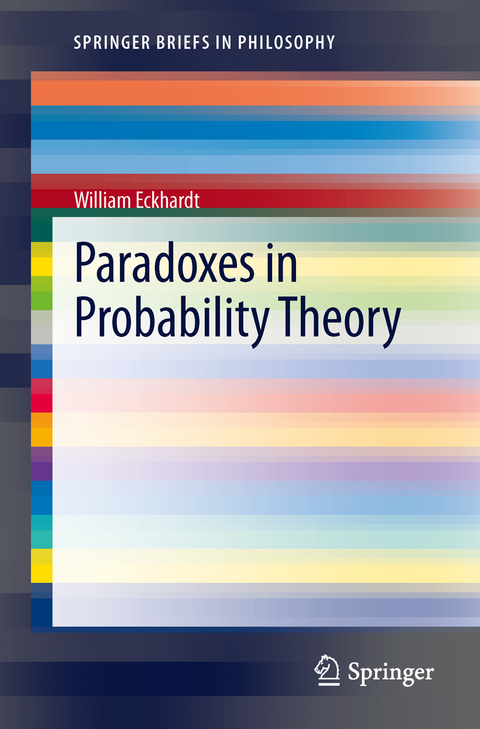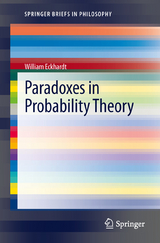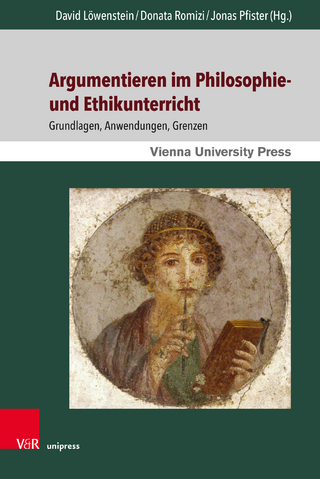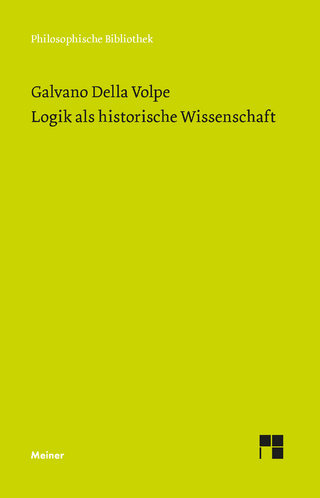Paradoxes in Probability Theory
Seiten
Paradoxes provide a vehicle for exposing misinterpretations and misapplications of accepted principles. for instance, startling claims concerning human destiny and the nature of reality are directly related to fallacious reasoning in a betting paradox, and a problem analyzed in philosophy journals is resolved by means of a computer program.
Paradoxes provide a vehicle for exposing misinterpretations and misapplications of accepted principles. This book discusses seven paradoxes surrounding probability theory. Some remain the focus of controversy; others have allegedly been solved, however the accepted solutions are demonstrably incorrect. Each paradox is shown to rest on one or more fallacies. Instead of the esoteric, idiosyncratic, and untested methods that have been brought to bear on these problems, the book invokes uncontroversial probability principles, acceptable both to frequentists and subjectivists. The philosophical disputation inspired by these paradoxes is shown to be misguided and unnecessary; for instance, startling claims concerning human destiny and the nature of reality are directly related to fallacious reasoning in a betting paradox, and a problem analyzed in philosophy journals is resolved by means of a computer program.
Paradoxes provide a vehicle for exposing misinterpretations and misapplications of accepted principles. This book discusses seven paradoxes surrounding probability theory. Some remain the focus of controversy; others have allegedly been solved, however the accepted solutions are demonstrably incorrect. Each paradox is shown to rest on one or more fallacies. Instead of the esoteric, idiosyncratic, and untested methods that have been brought to bear on these problems, the book invokes uncontroversial probability principles, acceptable both to frequentists and subjectivists. The philosophical disputation inspired by these paradoxes is shown to be misguided and unnecessary; for instance, startling claims concerning human destiny and the nature of reality are directly related to fallacious reasoning in a betting paradox, and a problem analyzed in philosophy journals is resolved by means of a computer program.
Introduction.- Chapter 1. The Seven Paradoxes.- Chapter 2. Doomsday!.- Chapter 3. The Betting Crowd.- Chapter 4. The Simulation Argument.- Chapter 5. Newcomb's Problem.- Chapter 6. The Open Box Game.- Chapter 7. The Hadron Collider Card Experiment.- Chapter 8. The Two-Envelopes Problem.- Chapter 9. Odds and Ends.- Epilogue. Anthropic Eden.
| Reihe/Serie | SpringerBriefs in Philosophy |
|---|---|
| Zusatzinfo | 5 Illustrations, black and white; XV, 79 p. 5 illus. |
| Verlagsort | Dordrecht |
| Sprache | englisch |
| Maße | 155 x 235 mm |
| Themenwelt | Geisteswissenschaften ► Philosophie ► Logik |
| Mathematik / Informatik ► Mathematik ► Wahrscheinlichkeit / Kombinatorik | |
| Naturwissenschaften | |
| Schlagworte | Anthropic Fallacies • Betting Crowd Probability Theory • Doomsday Argument probability theory • Esoteric Methods • hadron collider card experiment probability theory • Idiosyncratic Methods • Misguided paradoxes • Newcomb's problem • Newcomb's Problem probability theory • Open box game probability theory • Paradoxes in Probability Theory • Paradoxes Probability theory • Prisoner's dilemma • Simulation Argument probability theory • Two envelopes probability theory |
| ISBN-10 | 94-007-5139-7 / 9400751397 |
| ISBN-13 | 978-94-007-5139-2 / 9789400751392 |
| Zustand | Neuware |
| Haben Sie eine Frage zum Produkt? |
Mehr entdecken
aus dem Bereich
aus dem Bereich
Grundlagen, Anwendungen, Grenzen
Buch | Hardcover (2023)
V&R unipress (Verlag)
50,00 €
zur Aktualität des Leipziger Philosophen Ernst Bloch
Buch (2023)
ANTOGO (Verlag)
26,00 €




